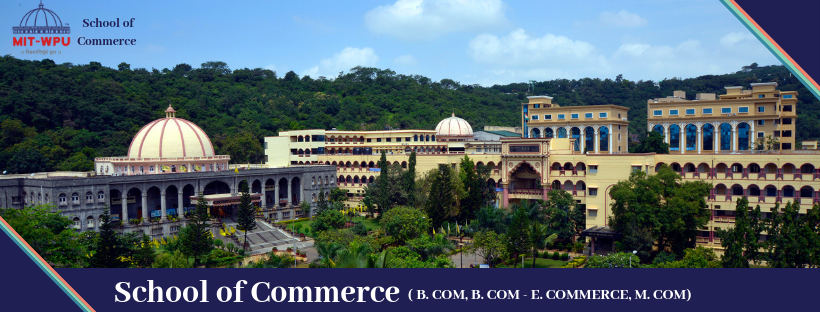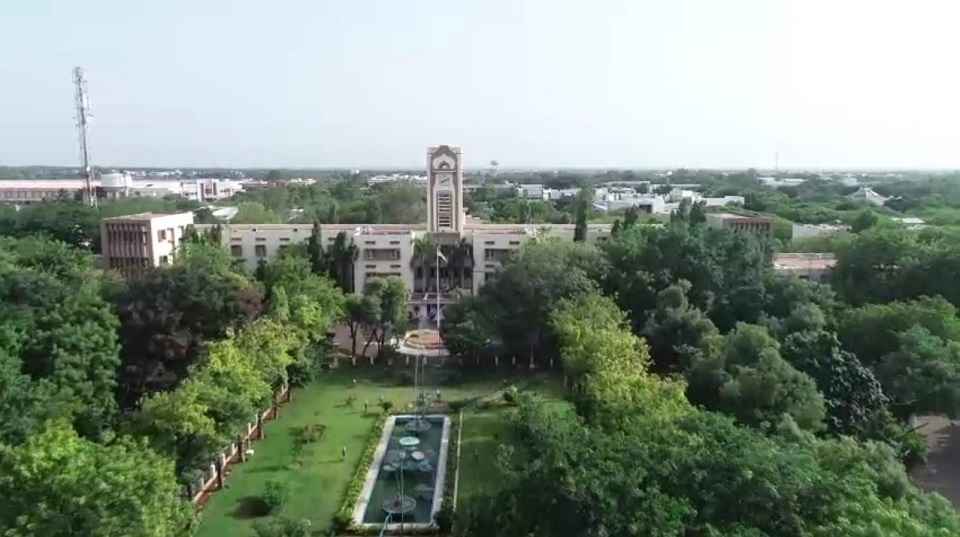New Delhi: The Fixed Term Employment introduced in the Apparel Manufacturing sector in Industrial Employment (Standing Order ) Act vide Notification dated 7.10.2016 of Ministry of Labour and Employment. The decision would facilitate employment of workers in Apparel manufacturing on fixed term basis in the backdrop of seasonal nature of sector and would also ensure same working conditions, wages and other benefits for fixed term employee in the sector as a regular employee. It is thus win – win situation for both employers and employees in Apparel manufacturing sector. The final notification is issued from 7 October 2016.
The concept of Fixed Term Employment define the tenure of employment as well as other associated conditions of service and remunerations, which are provided to regular employees under various labour laws. Fixed term employment was defined as a workman who is employed on a contract basis for a fixed period. Thus the services of workman will be automatically terminated as a result of non renewal of the contract between the employer and the workman concerned. Separation of service of a workman as a result of non renewal of the contract of employment between the employer and workman concerned shall not be construed as termination of employment.
Objective for permitting Fixed Term Employment in Apparel Manufacturing Sector
1) The seasonal nature of Textile sector results in fluctuation of demand and hence requires flexibility in employing worker.
2) The working conditions in terms of working hours, wages, allowances and other statutory dues of a fixed term employee would be at par with permanent workmen.
3) A fixed term worker will also be eligible for all statutory benefits available to a permanent workman proportionately according to the period of service rendered by him even though his period of employment does not extend to the qualifying period of employment required in the statute.
4) The employer can directly hire a worker for a fixed term without mediation of any contractor.
5) The worker employed for short period will get better working and service conditions as compared to a contract worker.
6) The flexibility would provide flexibility to textile sector in employing workers and hence strengthen and empower the Indian Textile and Apparel sector. It is one of the measures of the approved Textile package for Textile sector on 22.06.2016. . The measures assume significance due also to its potential for social transformation through women empowerment; since 70% of the workforce in the garment industry are women, majority of the new jobs created are likely to go to women.
This step would ultimately benefit the workers as their working conditions would be at par with the regular employees including social security and other benefits. It would, on the one hand provide flexibility to the employers and on the other hand improve the working conditions of the workers already working for some fixed tenure only by way of contracts.
It would also provide prescribed format of contract for engaging workers on fixed term employment, thereby avoiding any exploitation of such workers. The inclusion in the IE (SO) Act would define formally the conditions of employment on which the workman would be engaged for Fixed Term.
It is a “win win” situation for both worker and employer as at on the one side it provided flexibility for employing workers as per the demands of the market and on the other hand it ensures that worker hired gets equal benefits and working condition at par with the permanent employee.








